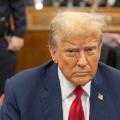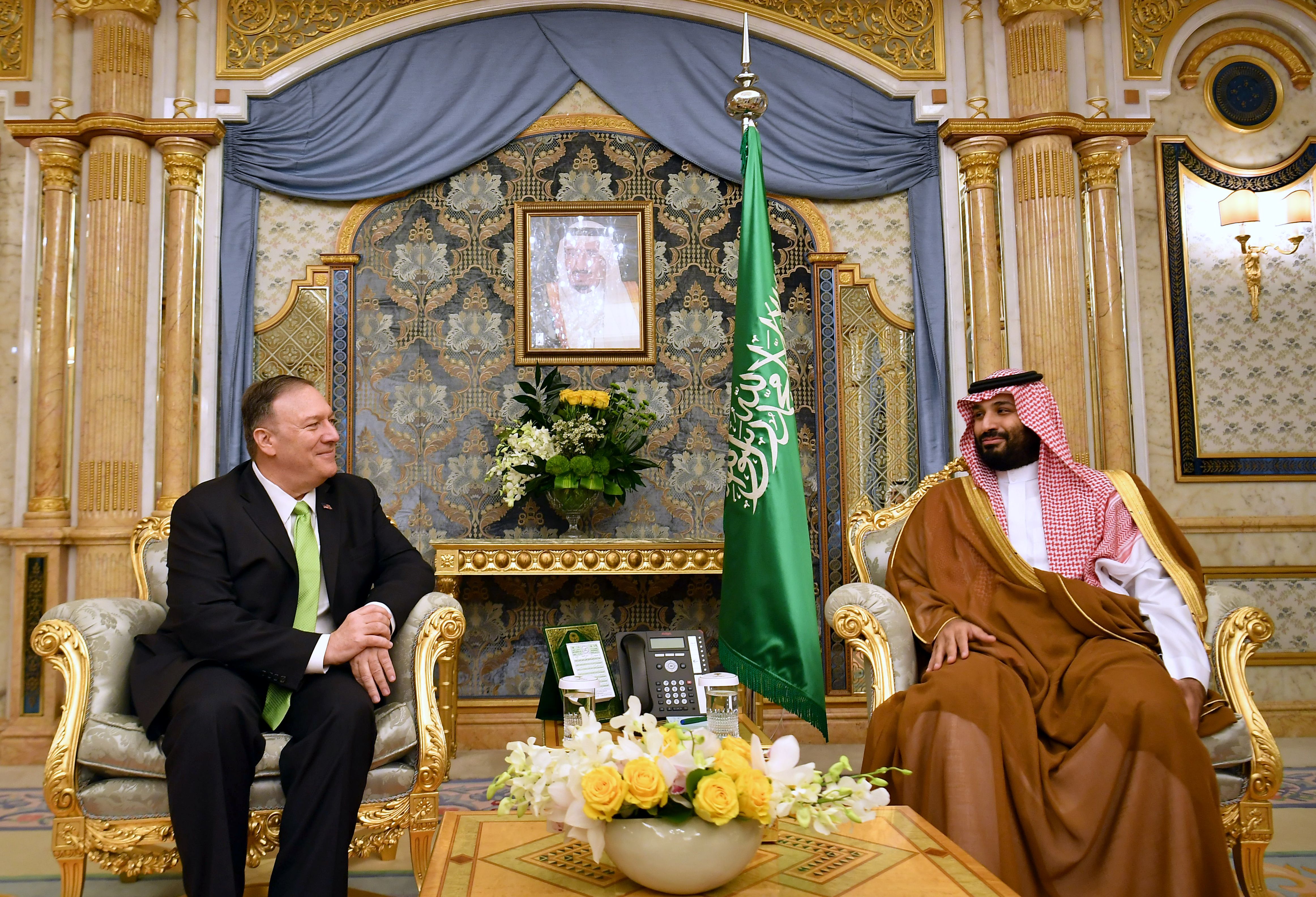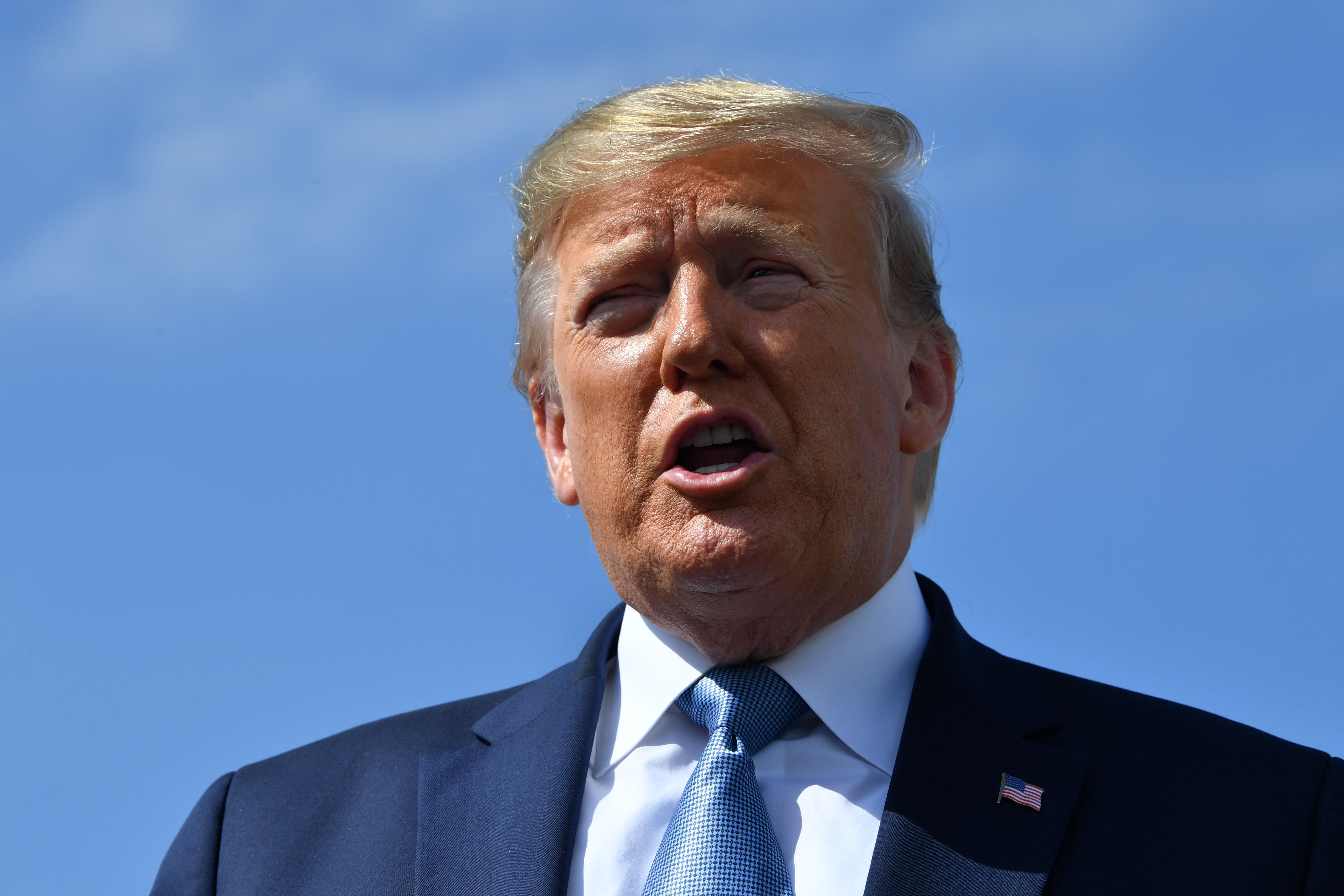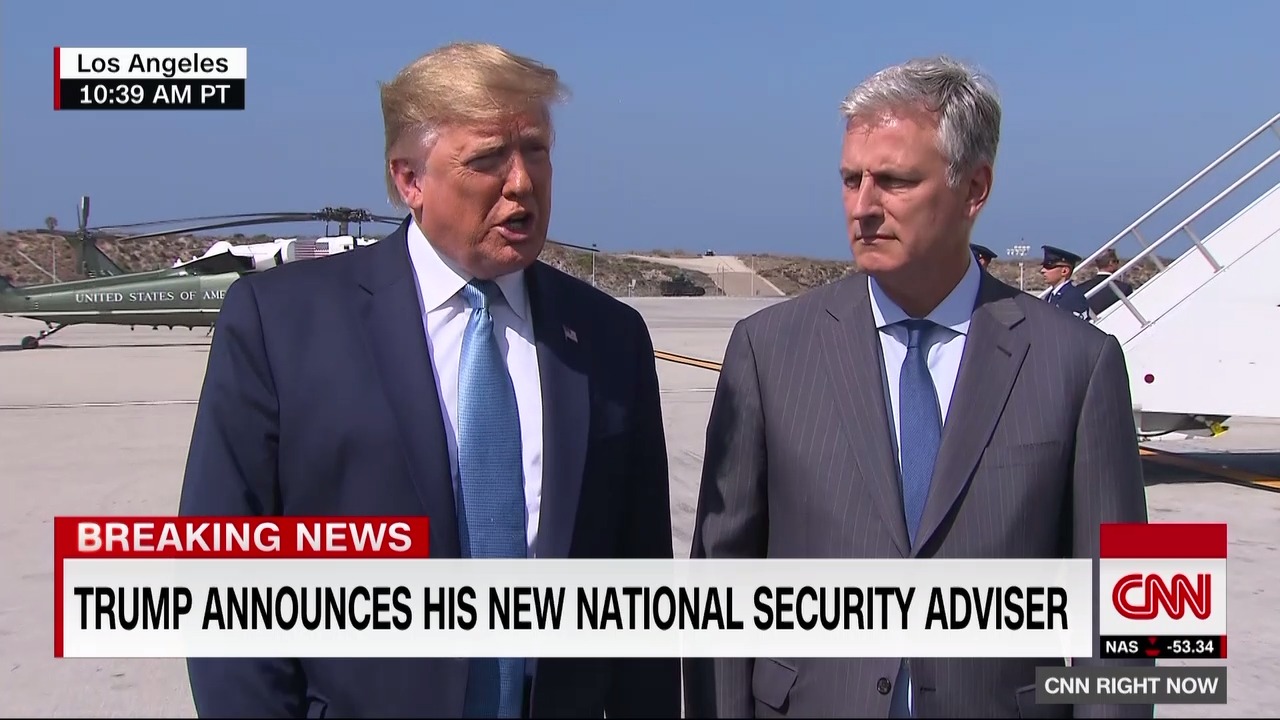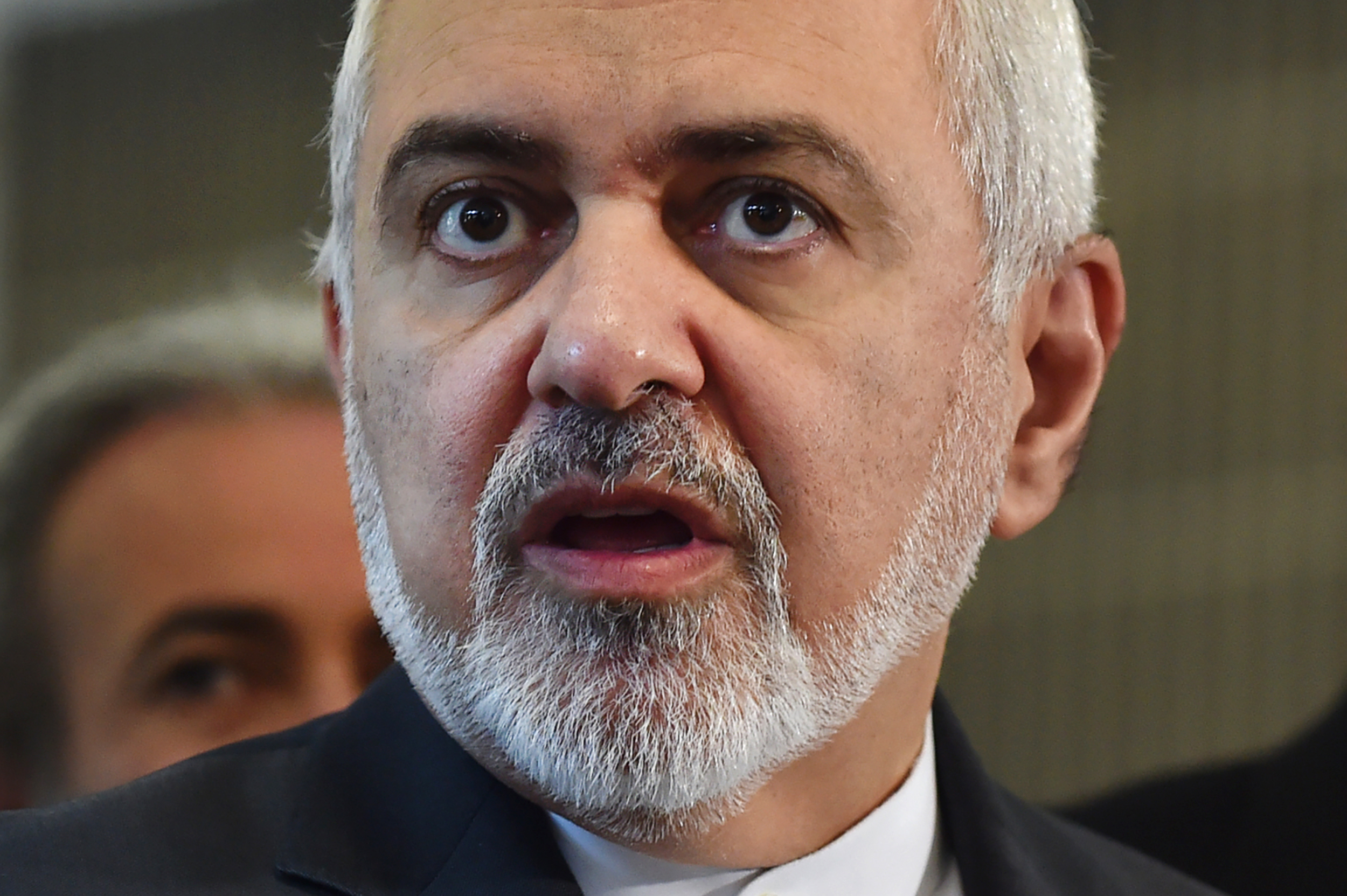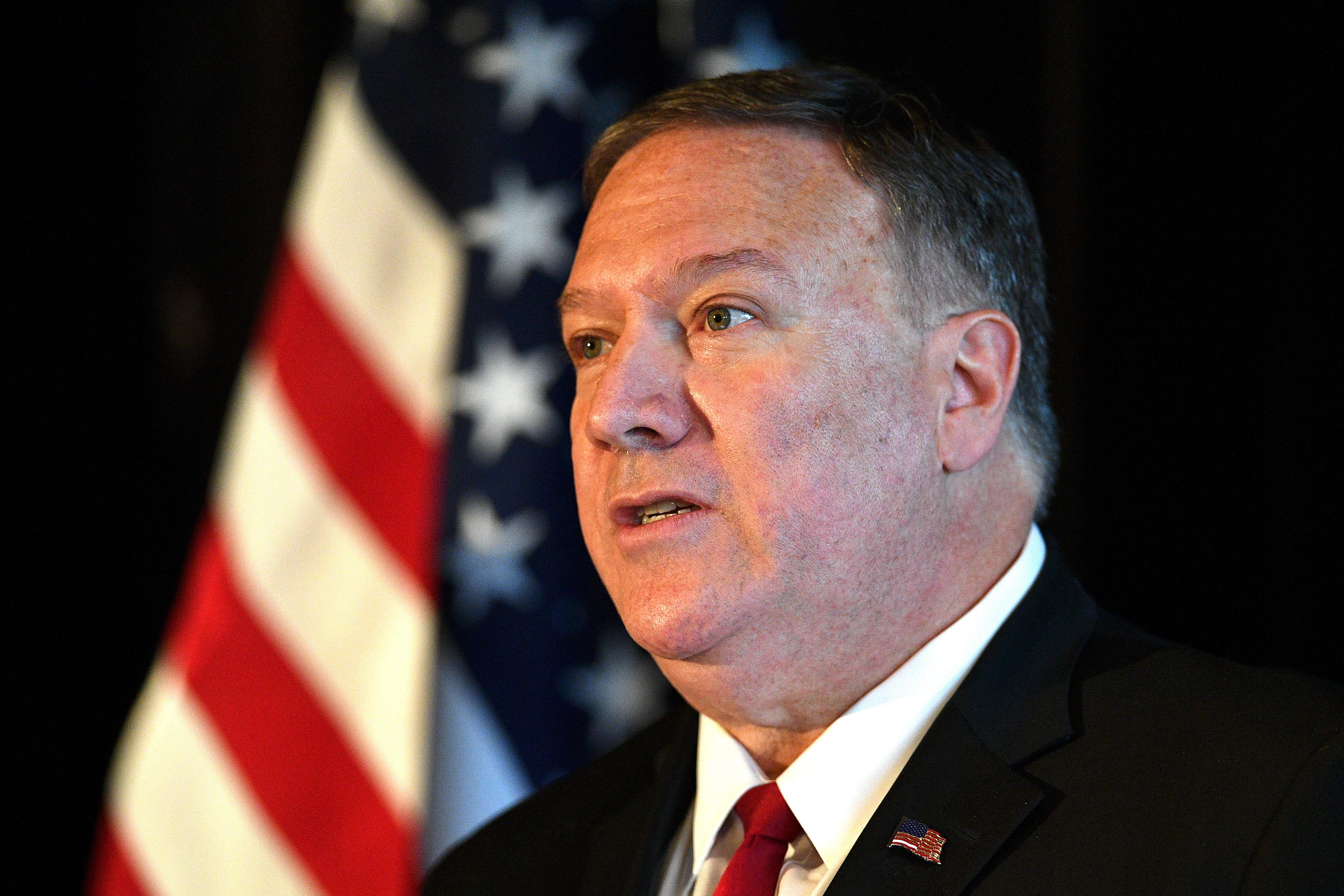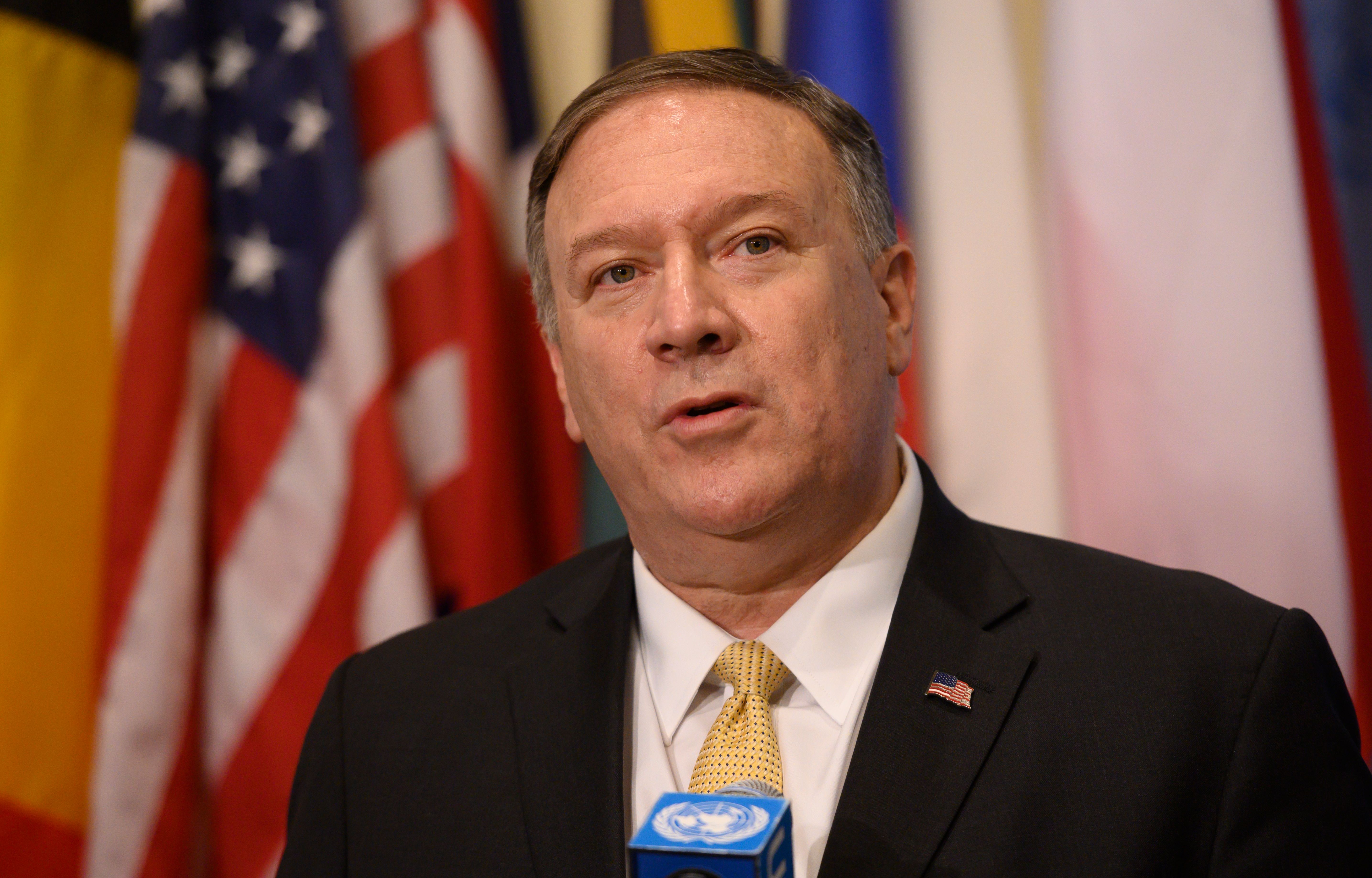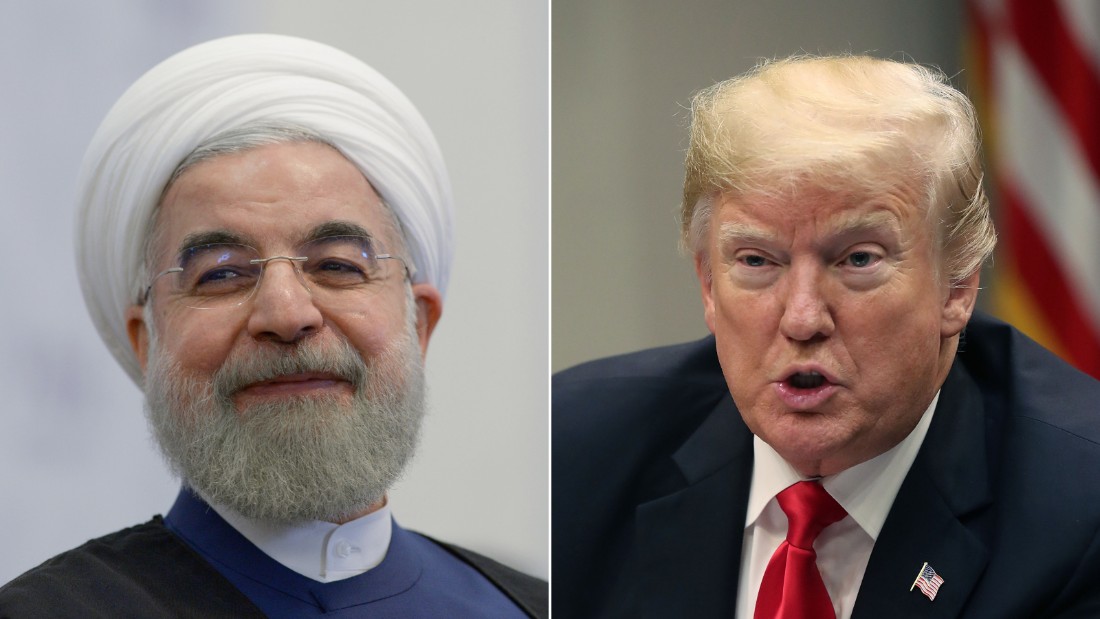
President Trump announced that he's ordered new sanctions on Iran, following an attack on Saudi Arabian oil facilities.
While Secretary of State Mike Pompeo has directly blamed Iran for the attack — which forced state-owned Saudi Aramco to halve its production — Trump has stopped short, saying he wanted to wait for a final intelligence report.
It wasn't clear if Trump's sanctions announcement signaled that report was completed or whether it determined Iran's culpability.
Here's what we know so far about the sanctions and attack:
- About the sanctions: It wasn't immediately clear to whom or which sectors the new sanctions would apply. White House, Treasury and State Department spokespeople did not immediately offer details. Trump said Wednesday that an announcement would be made in the next 48 hours, without specifying whether it would be on sanctions or not.
- The attack: It knocked out almost half of Saudi Arabia's oil capacity and caused prices to skyrocket immediately after the incident. The Saudi Defense Ministry displayed videos and photographs of alleged Iranian weapons it said were used in the attacks during a news conference on Wednesday. A Saudi Defense Ministry spokesman said the attack itself did not come from the Yemeni side, but was carried out from the north to the south. The US has yet to offer definitive proof that Iran conducted the attack, which has been claimed by Houthi rebels in Yemen.
- What allies are saying: Allies and even Saudi Arabia have so far taken a more cautious approach, with the kingdom linking Tehran to the attack but not going as far as Pompeo to call it an "act of war" or say, as unnamed US officials have claimed, that Iran itself launched the attack from within its territory. France and the United Nations are sending investigators to the kingdom and Japan has said there is "a high possibility" the Houthis are indeed responsible.
